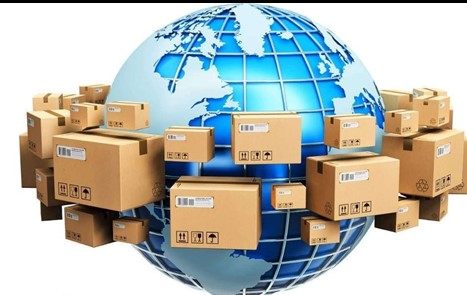
Market research
firm OnePoll recently surveyed 500 executive-level U.S. managers, 61% of whom
said they would pick India over China if
both could manufacture the same materials.
The survey showed
that 59% of the respondents found it “somewhat risky” or “very risky” to source
materials from China, compared with 39% for India. “Companies are seeing India as a long-term investment strategy as
opposed to a short-term pivot to avoid tariffs,” said Samir Kapadia, CEO of
India Index and managing principal at Vongel Group.
U.S. firms are
increasingly viewing China as a risky bet for their supply chains — neighbor
India is set to benefit as companies look elsewhere to set shop..
At least a quarter
of the executives who participated in the independent, third party survey,
commissioned by marketplace India Index in December, do not currently import
from either China or India.
Warming ties
between the U.S. and India, spearheaded by President Joe Biden and Prime
Minister Narendra Modi, with the former’s “friendshoring” policy aimed at
encouraging U.S. companies to diversify away from China have also made India an
attractive alternative.
The relationship
between the two countries entered a new chapter with Modi’s state visit to the
White House in June where a slew of deals on large collaborations in defense,
technology and supply chain diversification were signed.Despite the optimism,
U.S. firms are still cautious of India’s supply chain capabilities.The survey
showed that 55% of the respondents found quality assurance was a “medium risk”
they might face if they have factories in India.
Similar to India,
Vietnam has been also been option on investors’ minds when adopting a “China
plus one” strategy.The optimism in the Vietnamese market led to a more than 14%
surge in foreign direct investments last year compared with 2022.According to
LSEG data, $29 billion in foreign direct investments were pledged to Vietnam
from January to November last year.
But Vietnam will
not be able to achieve what India can, Kapadia pointed out, explaining that the
world’s most populous country has access
to “a very large customer base that Vietnam doesn’t offer.”“Companies are
not making these decisions for cost arbitrage. They’re making these decisions
for cost savings and access to markets. You’re not going to see that same sort
of benefit in just shifting to Vietnam,” he added.